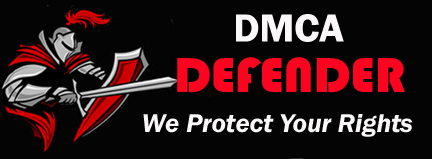This past Monday the Wall Street Journal published a thought-provoking piece ”As Pirates Run Rampant, TV Studios Dial Up Pursuit.” Written by Christopher Stewart, the article explored how the television industry, studios, and film distributors are protecting their businesses from the ravages of online piracy. Kathy Wolfe, founder of Wolfe Video, the largest distributor of independent LGBT films in the world, spoke about the challenge of staying in business amid a sea of piracy. She told the Wall Street Journal that she estimates online piracy cost her small company more than 3 million dollars in 2012. In order to prevent that figure from growing, Wolfe spends over $30,000 annually (half the company’s profits) to scan the web for infringing content and to send a dmca takedown notice several times per year. When I spoke with her today, she told me that her company could easily be forced out of business were anti-piracy efforts not in place.
In the meantime, according to Wolfe, they are working hard to develop a robust online streaming business. She says that 38% of their income now comes from online streaming and she expects that percentage to grow “radically” every year. ”Now with our Wolfe on Demand [website], we have a formula that is accessible and affordable,” says Wolfe. She adds that by establishing their own online portal, and not depending on exclusively on other sites (iTunes, Amazon, Hulu, etc), Wolfe can direct a bigger percentage of profits back to the filmmakers.
Despite Wolfe’s success in growing online sales, mitigating piracy has become a fundamental part of protecting their business. ”If it weren’t for our anti-piracy efforts, we certainly wouldn’t be functioning at the level we’re functioning at now,” she says.
After all, it’s still difficult to compete with free and the indie filmmakers who partner with Wolfe (including myself) are fortunate that the company bears the brunt of worldwide anti-piracy efforts. But whether it falls to a small independent film distributor such as Wolfe, or an individual filmmaker, the job of removing pirated content from the web is an onerous (and can be an expensive) one. There are several affordable DMCA Takedown services that can easily take on the task of removing pirated content from the web.
Where does one begin? Well, in the example I’m about to outline, these are the 12 Steps a filmmaker would follow in order to remove ONE illegal movie from the web:
Continue reading at VoxIndie.org





